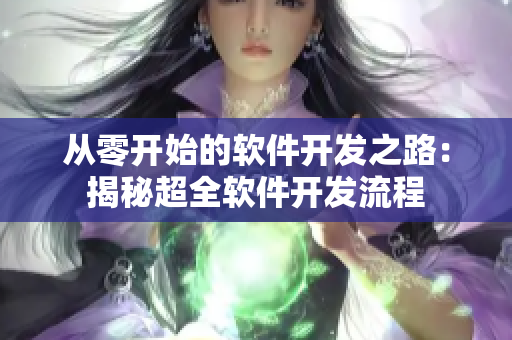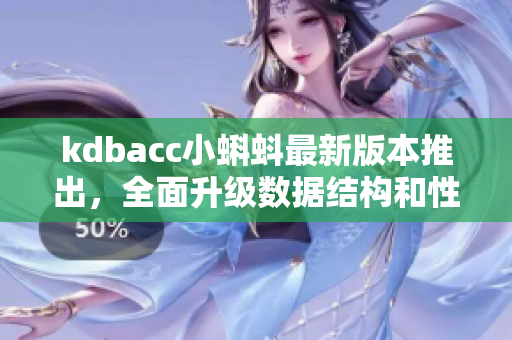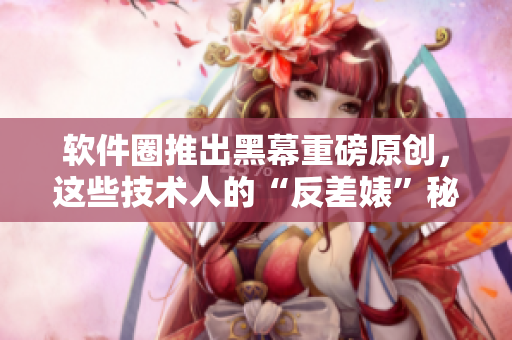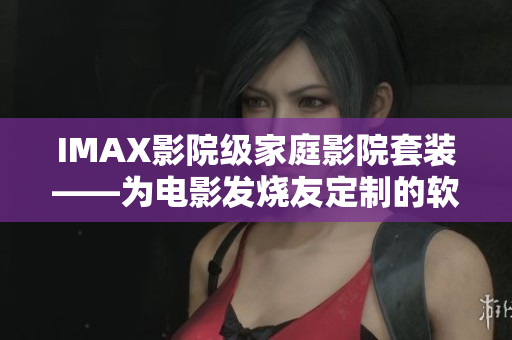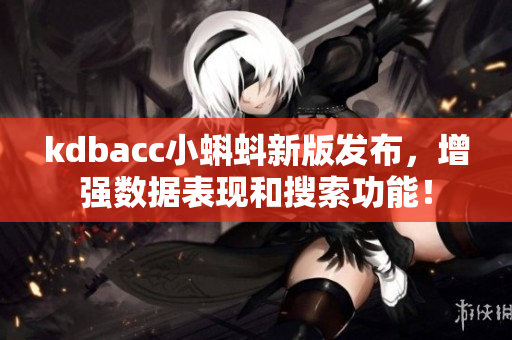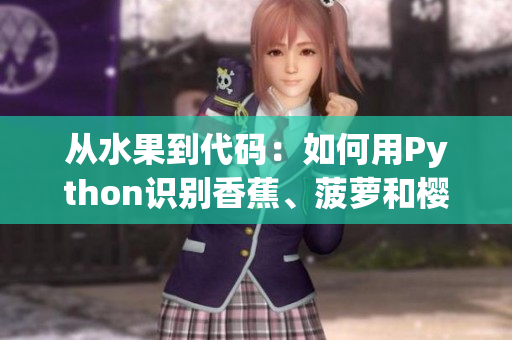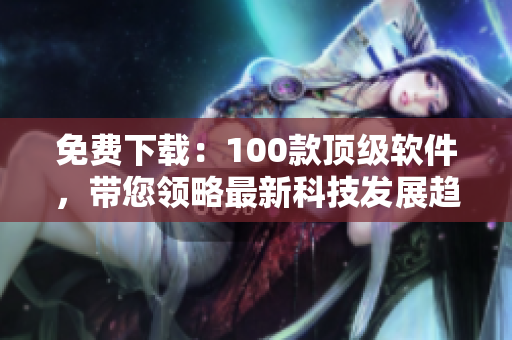Introduction
As a fan of anime and manga, I recently watched the anime version of the popular manga "少女的秘密." The story revolves around a teenage girl named Yuna, who struggles with social anxiety and relies on the use of a mask to hide her true identity. The anime explores her journey of self-discovery and overcoming her fears and insecurities. I was fascinated by the beautiful animation and heartfelt story, and I highly recommend it to anyone who enjoys a good coming-of-age tale.
Vocabulary Enrichment
While watching "少女的秘密," I encountered many new words and phrases that I had not heard before. I realized that anime and manga can be great tools for language learning, as they often include vocabulary and expressions that are not commonly used in everyday conversation. For example, I learned the word "雅思词汇" (IELTS vocabulary) while reading a character's study notes, and I was able to look up its meaning and learn a few new words thanks to the context provided in the story.
Controversial Content
However, not all anime and manga are appropriate for all audiences. I also came across some content in my searches that was not suitable for minors or those who are easily offended. For example, some manga I found was labeled as "湿漫画" (literally "moist manga"), which is a term used for adult-oriented manga that contains sexual or erotic content. It is essential to use caution when searching for or recommending anime and manga to others, and to be aware of any potentially controversial or explicit content.
Cultural Differences
Another aspect of anime and manga that I found interesting was how it reflects the cultural differences between Japan and other countries. For example, in some scenes from "少女的秘密," the characters are shown eating rice balls, which are a popular snack in Japan. I also noticed that the characters exchange business cards in a few scenes, which is a common practice in Japan but may be less familiar to people from other countries. By watching anime and reading manga, we can gain insight into different cultures and learn about new customs and traditions.
The Appeal of Yaoi
One genre of manga that has gained immense popularity in recent years is yaoi, which portrays romantic and sexual relationships between male characters. While it may seem surprising to some, yaoi has a sizable fan base among women and LGBTQ+ individuals. I recently read a manga series called "沈阳45岁老阿姨叫的没谁了," which centers around a romantic relationship between two male characters. While I personally do not particularly enjoy yaoi, I can understand the appeal it holds for some readers.
The Power of Fanfiction
As a fan of "少女的秘密," I was pleased to discover that there is a wealth of fanfiction available online centered around the characters and their relationships. Some stories explore what would happen if certain events had unfolded differently, while others delve deeper into the backstories and motivations of the characters. I also found a series of fanfiction stories featuring a character named Dr. Liang, who is a minor character in the original anime. Despite his limited screen time, fanfiction authors have created elaborate storylines and developed his character in ways that were not explored in the anime or manga.
Finding Common Ground
While anime and manga may seem niche or obscure to some, they have a broad appeal that transcends borders and cultures. By sharing our favorite anime and manga with others, we can find common ground and connect with others who share our interests. Whether it's a heartwarming coming-of-age story like "少女的秘密," a steamy yaoi romance, or an intricate fanfiction series, there is something for everyone in the vibrant and diverse world of anime and manga.

